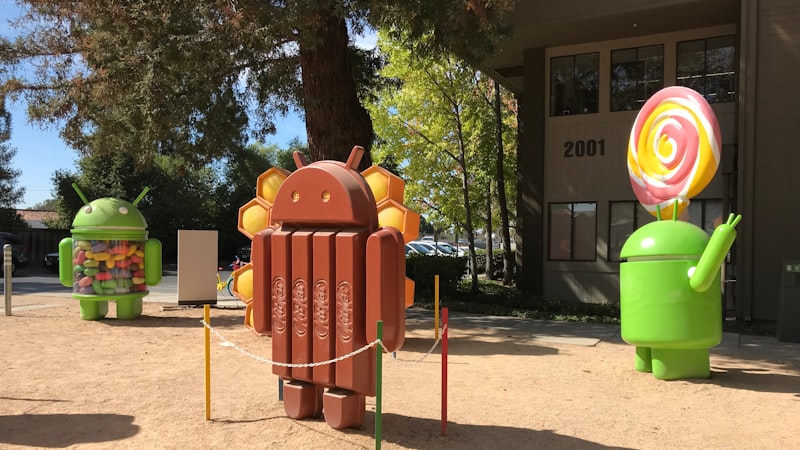Hi guys, how to you track off line conversions for your agency? I found out that normally BtoB business track the cost per lead but not the ROAS per lead nor optimize for qualified leads. ex. You spent 1000$ on Google Ads and 1000$ on Facebook ads. > you get 15 leads on GA (CPA=67$) and 5 leads on FB (CPA=200$). We don't know which lead has converted nor how much money it is worth. Easily the FB leads could bring a bigger ROAS than GA and our optimization would be inaccurate. (there is the attribution issue as well, but lets not complicate things). I know agencies that are on the first 2 levels and only know 1 on the 3 level. 1 Level: Optimize for clicks (some agencies still do it). 2 Level: Optimize for lead CPA. 3 Level: *Optimize for lead Roas. *the 3 level demands that we send back data to our Google analytic, with conversions and with the sales data. It allows as well with the right scale to have better audiences and LLA. It will be possible to match the source, ad or keyword that brought us the $ even if the deal is closed 1 month after the original lead made contact. I'm working on a solution for level 3, and I'm wondering if you guys already do it or do you use a software for it.

 ☰
☰